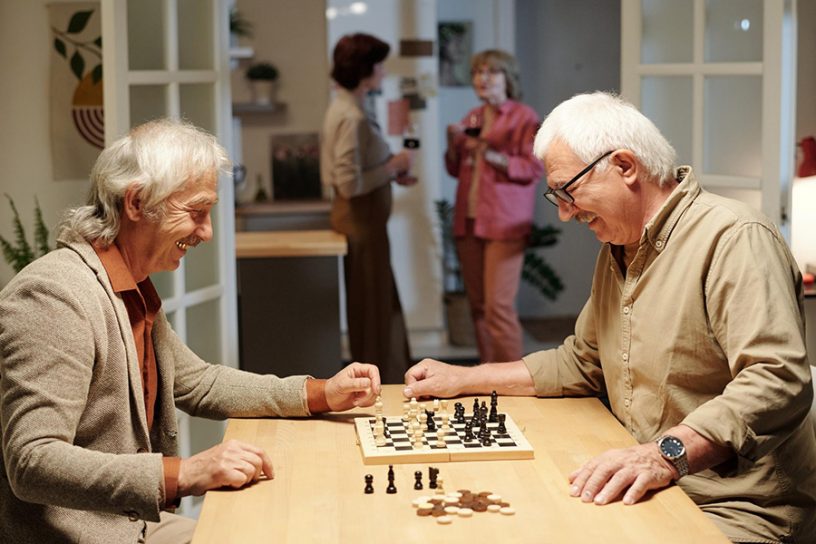
The findings suggest that cognitively stimulating activities in adulthood and beyond may lead to individual differences in late-life global cognition.
Authors
Yoshiko Lily Ishioka, Associate Professor, Jindal School of Liberal Arts & Humanities, O.P. Jindal Global University, Sonipat, Haryana, India; Osaka University, Graduate School of Human Sciences, 1-2 Yamadaoka, Suita, Osaka 565-0871, Japan.
Yukie Masui, Tokyo Metropolitan Institute of Gerontology, 35-2 Sakae-cho, Itabashi-ku, Tokyo 173-0015, Japan
Takeshi Nakagawa, National Center for Geriatrics and Gerontology, 7-430, Morioka-cho, Obu City, Aichi Prefecture 474-8511, Japan.
Madoka Ogawa, Osaka University, Graduate School of Human Sciences, 1-2 Yamadaoka, Suita, Osaka 565-0871, Japan.
Hiroki Inagaki, Tokyo Metropolitan Institute of Gerontology, 35-2 Sakae-cho, Itabashi-ku, Tokyo 173-0015, Japan.
Saori Yasumoto, Osaka University, Graduate School of Human Sciences, 1-2 Yamadaoka, Suita, Osaka 565-0871, Japan.
Kazunori Ikebe, Department of Prosthodontics, Gerodontology and Oral Rehabilitation, Graduate School of Dentistry, Osaka University, 1-8 Yamadaoka, Suita, Osaka 565-0871, Japan.
Kei Kamide, Division of Health Sciences, Osaka University Graduate School of Medicine, 1-7 Yamadaoka, Suita, Osaka 565-0871, Japan.
Yasumichi Arai, Center for Supercentenarian Medical Research, Keio University School of Medicine, 35 Shinanomachi, Shinjuku, Tokyo 160-8582, Japan.
Tatsuro Ishizaki, Tokyo Metropolitan Institute of Gerontology, 35-2 Sakae-cho, Itabashi-ku, Tokyo 173-0015, Japan.
Yasuyuki Gondo, Osaka University, Graduate School of Human Sciences, 1-2 Yamadaoka, Suita, Osaka 565-0871, Japan.
Summary
This study aimed to evaluate cognitively stimulating environments throughout life and to examine direct and indirect associations between these environments and late-life cognition. Early-life education, three domains of work complexity (data, people, and things) based on the longest-held occupation, and engagement in late-life leisure activities (LAs) were assessed.
A structural equation model was developed using cross-sectional data of 1721 Japanese older adults in 70 ± 1 and 80 ± 1 years. The model confirmed significant direct effects of work complexity with data and late-life LAs on late-life cognitive performance. The associations of education and work complexity with late-life cognition were mediated through the subsequent environment(s).
However, the total effects of work complexity with people and things on late-life cognition were insignificant. The findings suggest that cognitively stimulating activities in adulthood and beyond may lead to individual differences in late-life global cognition.
In addition, antecedent complex environments might make subsequent life environments more cognitively stimulating. The results are discussed from the perspectives of cognitive plasticity and environmental complexity.
Published in: Acta Psychologica
To read the full article, please click here.


